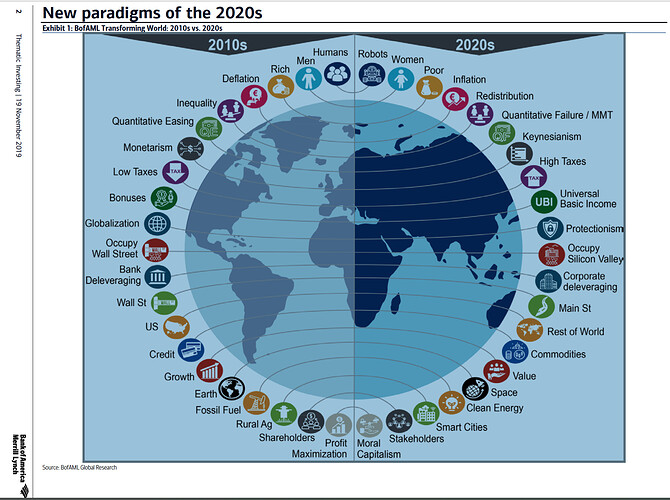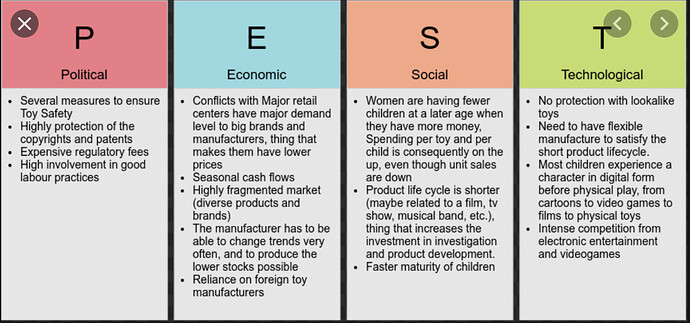Edit: Macro Understanding has been a typically weak area at VP, as in the initial days we made our mark from bottoms-up stock-picking. But as we mature as investors, we come to the realisation quickly that basic awareness/appreciation of Macro-Economic drivers and Market Cycles are an equally important part of our Investor Learning Curve. Probably the one last hurdle, that always keeps us humble! (as we strive to keep getting better & better at the investing game).
Emphasis will be to lay out a Map first - especially for novices like me - then, increasingly on drawing our attention to Thematic changes underway, medium to longer term indisputable trends/data-points, that we can hope to CATCH ON early, and validate through our independent and VP-wide pan India Scuttlebutts
I have thought and pondered over a behavioural aspect in some friends who have seen several market cycles, and survived through them with hands & limbs intact, and actually lived to flourish. Also proactively moved to Cash, this time! But still, frozen, unable to respond to my fervent appeals/calls to action for help! For Post Covid…post 2-3 years…Opportunity Mapping… if you will!
Just because something like this has not happened in our lifetimes, or in the lifetimes of anyone we know, does not mean that we can not attempt to first acknowledge and accept the current situation. And then probably attempt to understand deep-rooted underlying causes for this Deep a Reset!
Yes, I am acknowledging a back-to-basics deep reset this is - individually for me and you on how to reorganise and value personal life and intimacy, value personal hygiene and health and interest in nurturing and inspiring each others life within the family, and among our influence circle. It is deep reset for politicians to value Nature and Sustainability and re-prioritise de-scale back activities that led to pollution to global warming to other man-made ills! It’s a deep reset for Businesses too - I wonder if that reset is for the final push - for appreciating sustainable models that create, deliver, and capture value for all stakeholders without depleting the natural, economic, and social capital it relies on. And finally a deep reset it is for Economists/Central Bankers/Governments to realise that the one-solution-fit-all money-printing days are finally over!!
It’s deep reset and time for a new economic & geo-political world order to emerge. It probably has to. All the signs are there!!
This is as fascinating a read as a student of History and Markets can hope for, in current times. From my favourite eMentor Ray Dalio. I am hooked, and reading and re-reading for the past week. Cant help quoting in a bid to draw everyone in!!
I was seeing the confluence of 1) high levels of indebtedness and extremely low interest rates, which limits central banks’ powers to stimulate the economy, 2) large wealth gaps and political divisions within countries, which leads to increased social and political conflicts, and 3) a rising world power (China) challenging the overextended existing world power (the US), which causes external conflict. The most recent analogous time was the period from 1930 to 1945.
The country that gets to print the world’s primary currency (now the US) is in a very privileged and powerful position, and debt that is denominated in the world’s reserve currency (i.e., US dollar-denominated debt) is the most fundamental building block for the world’s capital markets and the world’s economies. It is also the case that all reserve currencies in the past have ceased to be reserve currencies, often coming to traumatic ends for the countries that enjoyed this special privilege.
I looked at the rises and declines of all the major empires and their currencies over the last 500 years, focusing most closely on the three biggest ones: the US empire and the US dollar which are most important now, the British Empire and the British pound which were most important before that, and the Dutch Empire and the Dutch guilder before that.
So please understand that while this study will provide you with my very top-down, big-picture perspective on what I’ve learned and my very low-confidence outlook for the future, you should approach my conclusions as theories rather than facts. But please keep in mind that even with all of this, I have been wrong more times than I can remember, which is why I value diversification of my bets above all else. So, whenever I provide you with what I think, as I’m doing in this study, please realise that I’m just doing the best I can to openly convey to you my thinking.
Hope you give this a patient read and feel as compelled as me, to move on to the original article. No need to agree or disagree. We should just take it in as another strong perspective to absorb and assimilate in our cumulative stock-taking of current approaches/viewpoints.
**Edit: Chapter 1: The Big Cycles in a Tiny Nutshell **
This is a (relatively) shorter summary made available now which will make for quicker big-picture understanding ![]()



